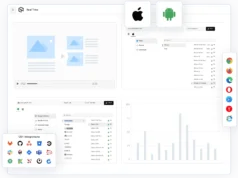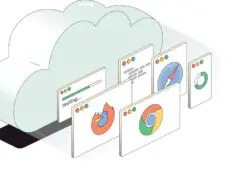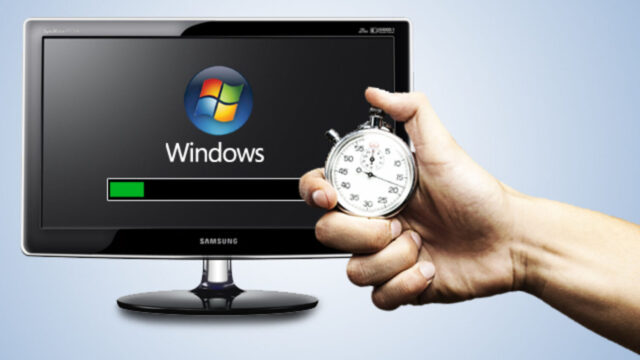
In today’s fast-paced digital world, a slow computer can be more than just frustrating; it can hinder productivity, cause delays, and test our patience. Whether you’re a casual user, a professional, or a gamer, the sluggish performance of your PC can be a major roadblock.
In this guide, we’ll explore the most prevalent reasons behind a slow computer and provide actionable solutions to revitalize your system’s speed and responsiveness.
1. Introduction to PC Slowness and Its Impact
Picture this: you’re in the middle of an important task, and your once-swift computer now moves at a snail’s pace. From longer boot times to delayed application launches, PC slowness can significantly impede your workflow.
It’s crucial to understand the underlying factors that contribute to this issue, as well as the potential solutions that can help restore your computer’s performance.
2. Overloaded RAM: Causes and Symptoms of Memory Issues
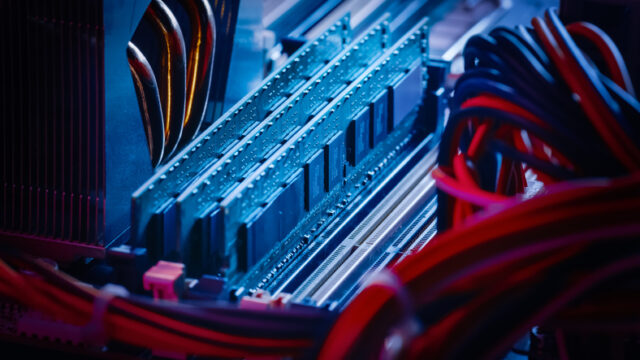
Insufficient RAM can be a major bottleneck, causing applications to struggle when multitasking. RAM overload leads to slow performance, freezes, and even crashes.
Opening multiple tabs, resource-intensive programs, and large files all consume precious memory. To tackle this, consider upgrading your RAM or closing unused applications to free up space.
3. Fragmented Hard Drive: Explaining Fragmentation’s Performance Impact
In the world of computer performance, the term “fragmentation” might sound perplexing, but its impact on your system’s speed is significant. Fragmentation occurs when files on your hard drive become scattered in various locations rather than being stored sequentially.
As a result, your computer’s read/write head has to jump around to access data, slowing down the retrieval process. Think of it as searching for scattered puzzle pieces instead of finding them neatly arranged.
Regular disk defragmentation helps rearrange these pieces, optimizing data access and boosting your PC’s overall speed. It’s like tidying up your computer’s virtual workspace, ensuring that files are organized for quicker and more efficient use.
4. Malware Presence: Detecting and Addressing Malicious Software Effects

Malware, the digital equivalent of a stealthy intruder, can wreak havoc on your computer’s performance. Its presence often goes beyond the annoying pop-ups and redirects – it can slow down your system, causing delays in application launches and overall responsiveness.
Detecting malware requires using reputable antivirus software to scan and identify malicious programs hidden in your system. Once identified, promptly remove them to prevent resource consumption and potential data breaches.
Regular scans and updates are your shield against these digital threats, ensuring that your computer remains a fortress of efficiency. By addressing malware’s effects, you not only restore your PC’s speed but also safeguard your data and privacy from these unwanted invaders.
5. Outdated Hardware: Impact of Old Components on Overall Speed
Just as a well-worn engine struggles to keep up with a modern race, outdated hardware can hinder your computer’s speed. Aging components, such as CPUs, GPUs, and storage drives, might struggle to cope with the demands of newer software and applications.
This hardware gap can lead to slower performance, longer load times, and even compatibility issues. Upgrading critical components is like giving your PC a performance boost, enabling it to handle tasks more swiftly and efficiently.
Just as athletes train to improve their performance, updating hardware ensures your computer remains in the competitive race of technology, ready to deliver the speed and responsiveness you need in today’s fast-paced digital world.
6. Startup Programs: How Excessive Startup Apps Hinder Performance
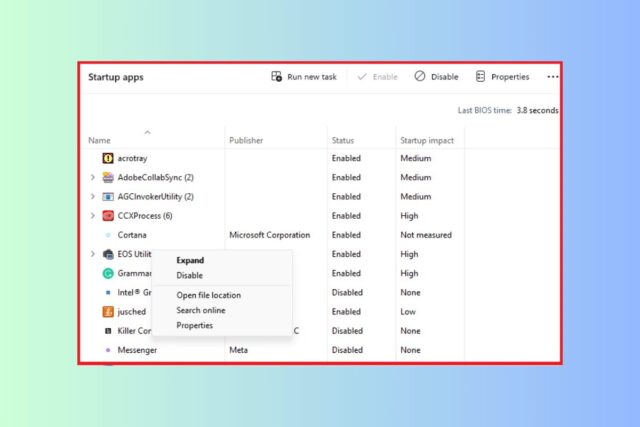
In the digital landscape, many applications sneakily configure themselves to launch at startup, consuming valuable resources from the get-go. This can lead to longer boot times and a sluggish system.
However, with the right approach to managing startup programs, you can significantly improve your PC’s performance. For those seeking a seamless computing experience, considering professional assistance such as computer repair in Raleigh, NC could also prove beneficial.
By disabling unnecessary startup applications and optimizing system settings, you pave the way for a swifter and more efficient computing journey, ensuring your technology works in harmony with your needs.
7. Insufficient Storage: Effects of Low Disk Space on Computer Speed
Running low on storage can lead to decreased performance. When your storage drive is nearly full, the operating system has less room to maneuver, resulting in slower data read/write speeds.
Regularly delete unneeded files, consider upgrading to a larger storage drive, or utilize cloud storage to free up space.
8. Background Processes: Managing Resource-Hungry Background Tasks
Numerous background processes, such as system updates and syncing services, can consume resources without your knowledge.
Use the Task Manager to identify resource-hungry processes and selectively disable or adjust their settings to prevent them from slowing down your computer.
9. Overheating: Consequences of Excessive Heat on System Performance
In the realm of computer health, overheating is a silent saboteur of performance. Excessive heat can disrupt the delicate balance within your PC, causing components to throttle and slow down to prevent damage.
Dust-clogged fans, inadequate cooling, or prolonged heavy usage can all lead to this temperature rise. When your system overheats, it’s like pushing a runner past their limit – they can’t perform at their best. To combat overheating, keep your computer clean and ensure proper ventilation.
Consider using cooling pads or additional fans to dissipate heat effectively. By preventing overheating, you not only preserve your PC’s performance but also extend its lifespan, allowing it to operate at peak efficiency for years to come.
10. Software Bloat: Identifying and Removing Unnecessary Software for Speed
Installing a multitude of software, some of which you rarely use, can lead to software bloat. Each application consumes resources, even when not actively used.
Regularly review your installed programs and uninstall those you no longer need to declutter your system and improve performance.
11. Regular Maintenance: Importance of Updates and System Optimization
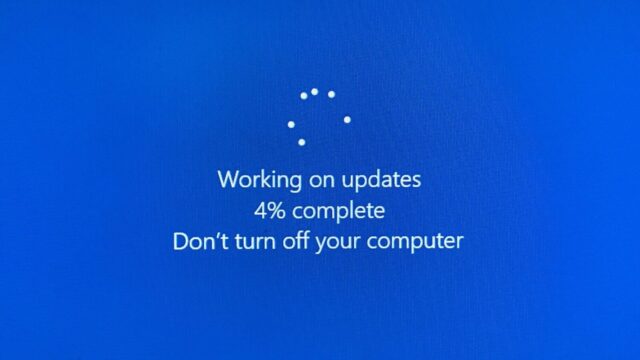
Just like a car needs regular oil changes, your PC requires maintenance to run smoothly. Keep your operating system, drivers, and applications up to date. Perform regular disk cleanup, defragmentation, and system optimization to ensure your computer is running at its best.
In conclusion, a slow computer can be a source of immense frustration, but it’s important to remember that there are often multiple factors at play.
By understanding the potential causes and implementing the recommended solutions outlined in this guide, you can take proactive steps to speed up your PC and enhance your overall computing experience.
Whether it’s managing startup programs, upgrading hardware, or practicing regular maintenance, a little effort can go a long way in keeping your computer running smoothly and efficiently.

